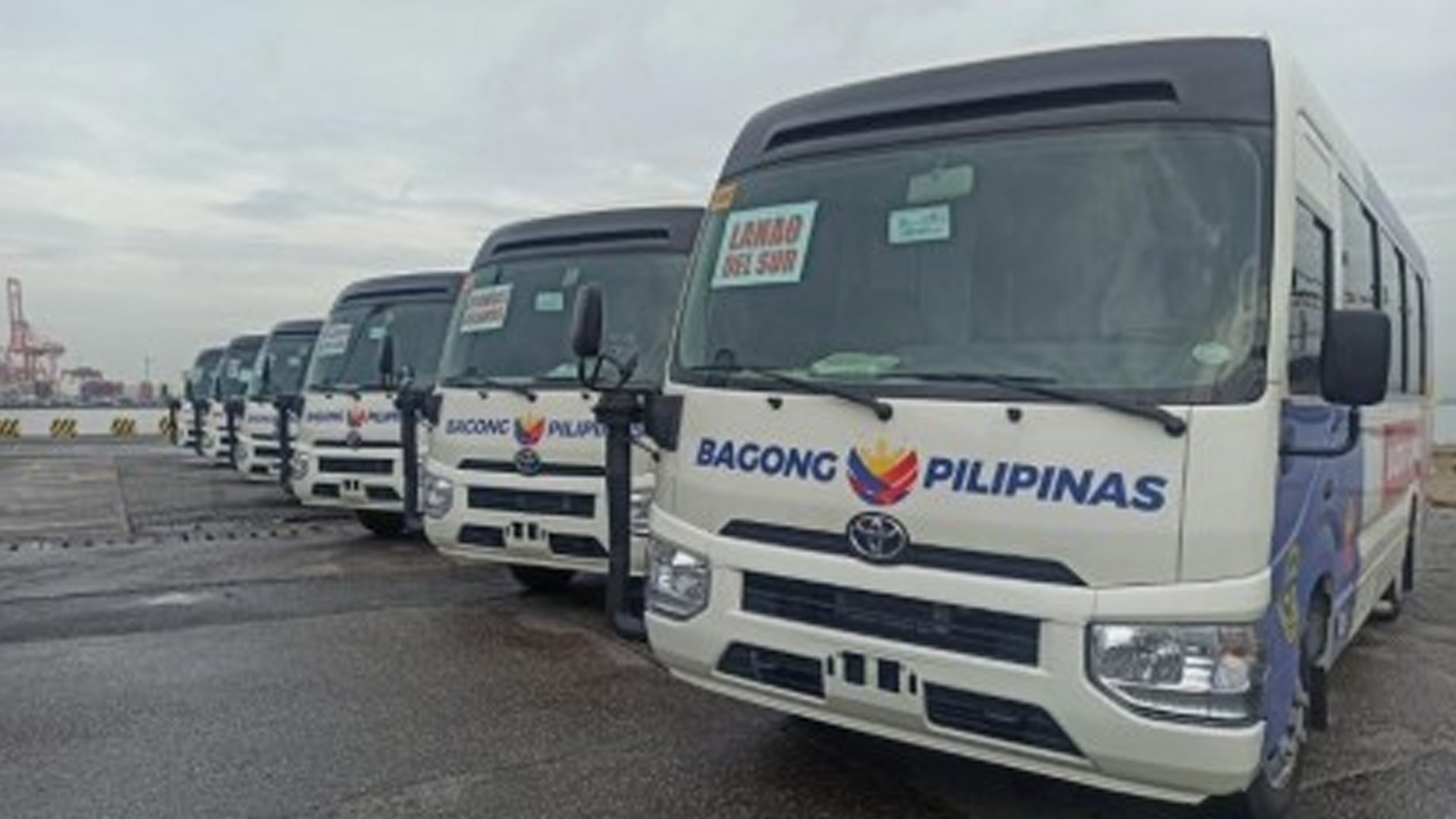The Department of Health (DOH) prioritized projects promoting primary and emergency care, and local health systems in 2024, establishing the implementation of the Universal Healthcare Law that was delayed by the Covid-19 pandemic.
To bring the best urgent care and ambulatory services to the poorest families, Bagong Urgent Care and Ambulatory Services (BUCAS) Centers were opened.
Twenty of the centers are in Luzon, eight in Visayas, and 14 in Mindanao.
The first of the 42 BUCAS Centers opened in Santo Tomas, Pampanga on March 6 and has served over 35,000 persons to date.
Free basic healthcare services are provided through the 83 Bagong Pilipinas (New Philippines) Mobile Clinics with complete equipment — digital X-ray, CT scan, utrasound, hematology analyzer for blood tests, binocular microscope, ophthalmoscope for eye tests, lab-grade refrigerator and telemedicine equipment.
“All the provinces have one, we have distributed them, the President and the First Lady themselves, and some have been used during the disaster response for the health needs during the past disasters, typhoons, floods,” Health Secretary Teodoro Herbosa said.
He added that these are complemented by 14 “PuroKalusugan” projects which provide primary health services to districts (purok) nationwide.
Maternal and child health, immunization, water, sanitation, hygiene, and nutrition services are provided to poor families through these.
Workforce support system
“The government supports local health systems by giving them a total of 19,425 local workers, salary from the DOH, nurse deployment program, midwife, nutritionist, doctors and others,” Herbosa said.
He noted that there are local health systems but they lack doctors, midwives and other medical workers.
To address such needs, the DOH deployed 627 doctors to the barrios (communities). It also supported 253,537 Barangay Healthcare Workers and 1,623 local government units — usually fifth and sixth-class municipalities and geographically isolated and disadvantaged areas.
Nutrition, outbreak response
A total of PHP560 million fund was added to 235 local government units for achieving their targets for the first tranche of the Philippine Multisectoral Nutrition Project.
It is a performance-based grant to curb malnutrition and stunting among children, particularly in poor communities.
This year, the DOH addressed the measles outbreak in the Bagsamoro Autonomous Region of Muslim Mindanao through a vaccination program where 1.2 million or 87.9 percent of the target children were immunized.
The agency also issued the 2024 Action Plan for mpox from October to December. It prevented the spread of mpox infection through effective and timely contact tracing and monitoring of cases, creation of additional nine laboratories, risk communication interventions and community engagement activities with key populations, and capacity building for health implementers.
Coordination with international partners for acquisition of mpox commodities are ongoing.
MAIFP and grants
As of Dec. 16, the Medical Assistance to Indigent and Financially Incapacitated Patients Program (MAIFP) has served 3.8 million patients. In the previous year, it served 4.5 million.
The Philippines received grants and contributions for Health System Resilience Project Phase I, Health4Life Fund, and World Health Organization (WHO) Round to ensure accessible quality health services.
The Philippines is one of the only three countries in the region to have completed a second joint external evaluation. It highlighted the progress across 19 technical areas, reflecting improvement in the nation’s capacity to prevent, detect and respond to public health threats.
In terms of global leadership, the country achived three WHO-verified emergency medical assistance teams and membership to Alliance for Transformative Action on Climate and Health.
Public health policies
Strengthening public health and safety measures, the DOH released administrative orders (AO) and department memoranda to address concerns in pharmaceutical products and health benefit packages, among others.
These include AO 2024-0013 or the Rules and Regulations on the Registration of Pharmaceutical Products and Active Pharmaceutical Ingredients intended for Human Use; and AO 2024-0012 Prescribing the Rules and Regulations on the Registration of Pharmaceutical Products and Active Pharmaceutical Ingredients Intended Solely for Export.
The Philippine Health Insurance Corporation (PhilHealth) via Circular 2024-02 Implementing Guidelines for the Konsultasiyong Sulit at Tama (Konsulta) made revisions to its consultation packages to better suit the needs of patients.
Apart from increasing the hemodialysis package rate, the PhilHealth recommended an increase in kidney transplant benefits and the removal of single period confinement in hospitals.
Rationalization of case rates for dengue hemorrhagic fever, eyeglasses for adults and children, mobility devices for the disabled, emergency care, and rare diseases started this year.
A week before the year ends, Herbosa signed AO No. 2024-0017 removing the need for senior citizens to present a purchase booklet to drugstores when availing of the 20-percent discount on prescribed medicines.
“I am also a senior citizen. I know it is hard to always bring a purchase booklet with you. Seniors need the discount on their medicines, and we must make it easy for them to get that,” he said in a statement. (PNA)






